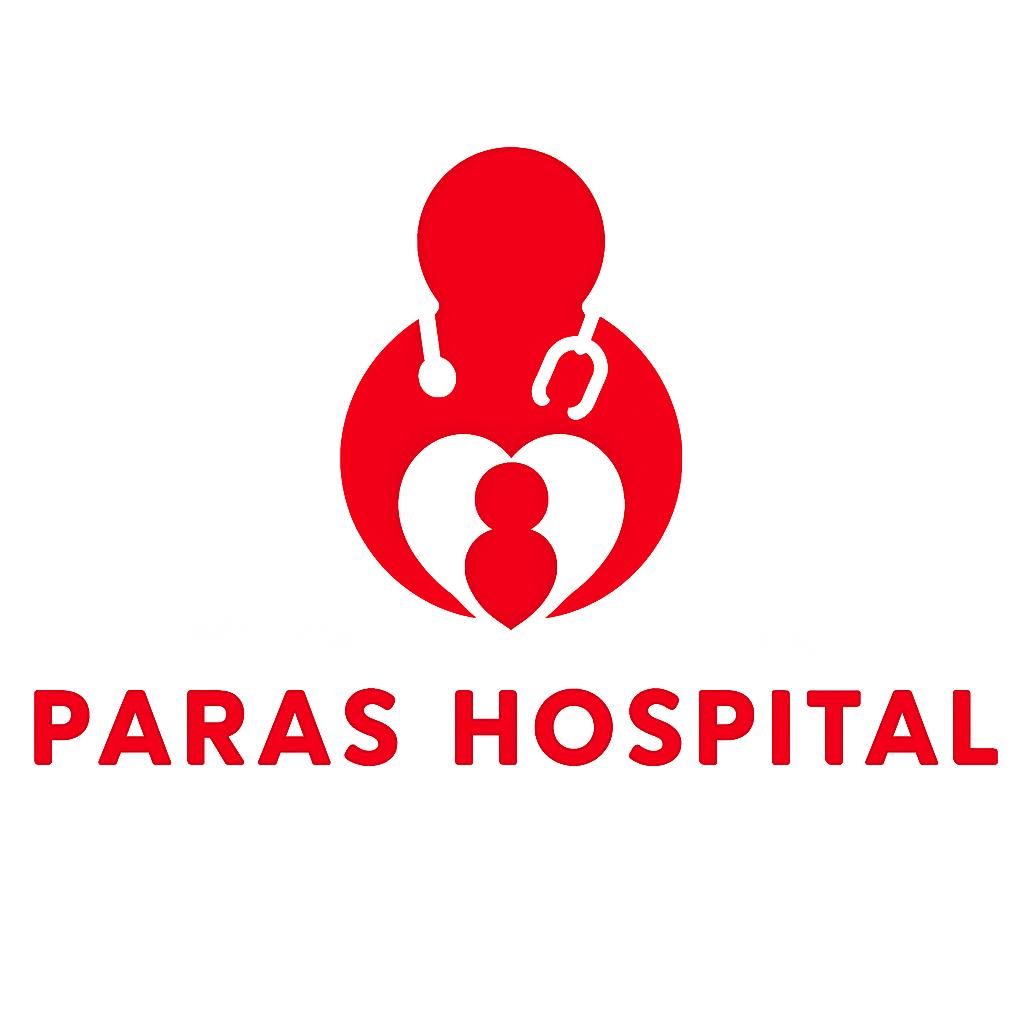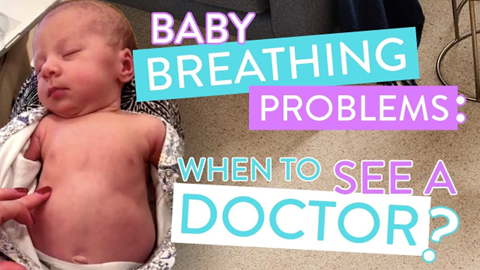As new parents, it’s natural to worry about your baby’s health. One area that often concerns parents is newborn breathing difficulty. This guide helps you understand what to look for and what to do if your baby has trouble breathing. Catching any signs early can make a big difference. Most cases, with timely medical care, end well. So, understanding these issues can empower you to act confidently.
Understanding Normal Newborn Breathing
Babies don’t breathe the same way adults do. Their breathing can be uneven, with pauses. Newborns may also make noises while breathing. These are typically nothing to worry about. For instance, it’s normal if your baby breathes quickly for a while and then slows down.
But how can you tell what’s normal or not? Well, by knowing your baby’s usual behavior.
Occasional pauses in breathing can be normal, as long as they are brief.
It’s fine if the baby makes sounds like grunts or sneezes.
If your baby looks comfortable, has good skin color, and feeds well, these are reassuring signs. Remember, knowledge is power.
Causes of Breathing Difficulties in Newborns
Several factors can cause difficulty breathing in infants. One common situation is Transient Tachypnea of the Newborn (TTN), where babies breathe faster than normal for a short period after birth. Another concern is Respiratory Distress Syndrome (RDS), especially in premature babies.
Infections can also cause shortness of breath in infants. Conditions like pneumonia need special care. In rare cases, other medical issues might be the cause. It’s helpful to know each potential cause, even if they’re less common.
Key Warning Signs: When to Worry
Certain signs suggest there could be a breathing issue.
Fast, labored breathing and persistent grunting
Chest pulling in with every breath
Blue or pale skin, called cyanosis
Flaring nostrils
These signs demand immediate attention. Recognizing these signs of difficulty breathing in infants early can prompt quick action, which is crucial for getting the right care.
First Steps for Parents: Immediate Actions
If your baby shows signs of difficulty breathing, stay calm. Take notes on symptoms and behaviors.
Seek urgent medical help if you spot any severe signs.
Trust your instincts—if you feel something’s off, consult healthcare professionals.
Staying informed and alert is key in these situations.
Medical Assessment and Treatment Options
Doctors will evaluate your baby thoroughly if you find newborn breathing difficulty. They’ll examine your baby’s breathing pattern and perform necessary tests.
Treatments may include extra oxygen, medications, or other interventions. Healthcare providers are well-equipped to handle these scenarios, giving your baby the best care possible.
Home Management and Care After Hospital Visits
After a hospital visit, follow any given home care steps. Watch your baby’s breathing and stick to any care plans.
Make sure they’re in a calm environment.
Position them comfortably, often on their back.
Monitor for any new or recurring symptoms. Knowing when to return to the doctor can prevent complications.
Preventive Measures and Long-Term Outlook
The key to preventing severe issues is early intervention. Attend all prenatal visits and keep your baby up-to-date on vaccinations. These steps can prevent many problems.
With timely treatment, most babies recover well. Knowing your baby has a positive long-term outlook can be very comforting.
Support and Reassurance for Parents
Hear from other parents who faced newborn breathing difficulty and emerged stronger. Many found comfort in talking to healthcare providers.
Don’t hesitate to join support groups or look up reliable resources. You’re not alone in this journey.
Conclusion
Trust your parental instincts and pay attention to your baby’s cues. Knowing the signs of difficulty breathing and acting quickly can ensure positive results. This guide aims to reassure you and help navigate any uncertainties. Rest assured, timely intervention usually leads to the best outcomes.

